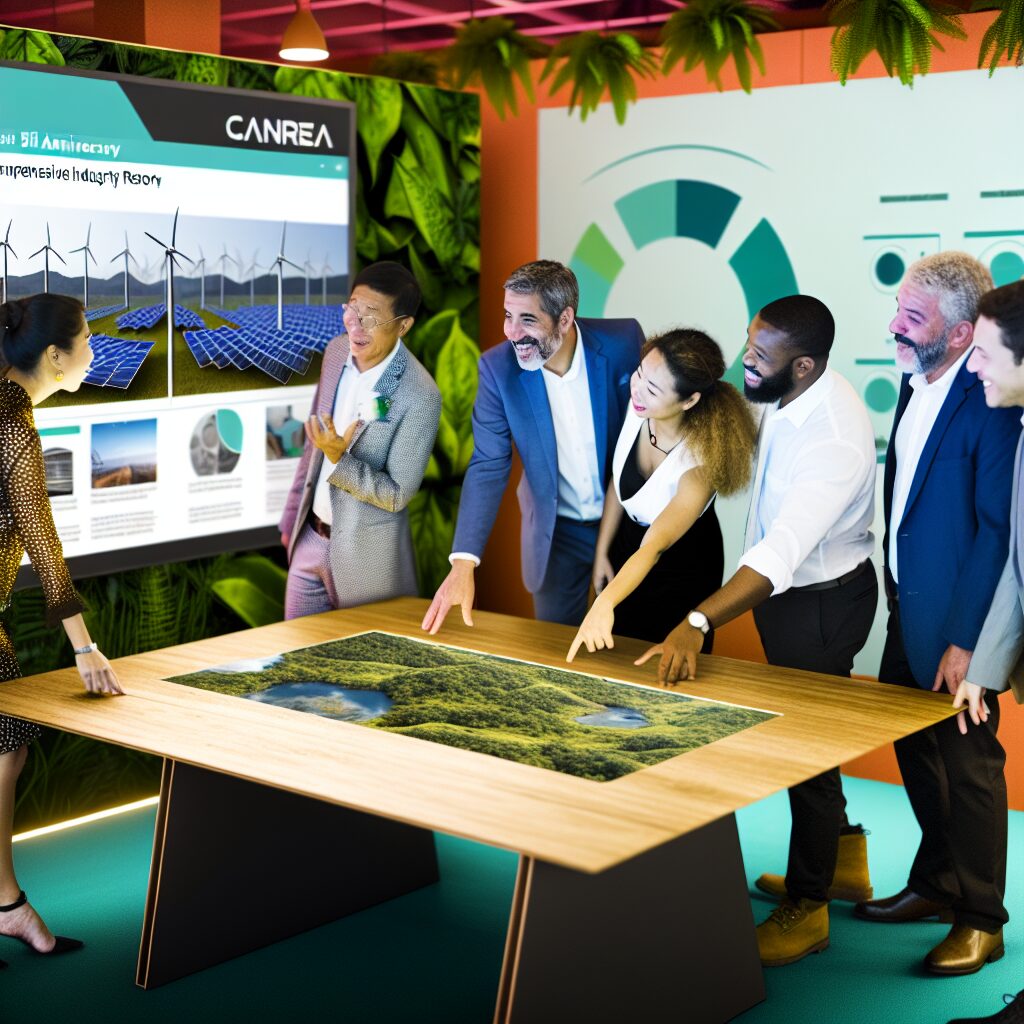Canadian Renewable Energy Association Unveils Comprehensive Industry Report
The Canadian Renewable Energy Association (CANREA) has reached a significant milestone, marking its fifth year of operation with the release of a detailed industry data report. This publication offers critical insights into the renewable energy sector’s growth and potential in Canada.
Key Highlights of the Report
The comprehensive report provides a deep dive into the current state of renewable energy across Canada, featuring:
- Comprehensive sector performance metrics
- Investment trends in renewable technologies
- Regional breakdowns of renewable energy deployment
- Future projections for clean energy development
Facts at a glance
- Canada’s total wind, solar and storage installed capacity grew 46% in the past 5 years (2019-2024), including nearly 5 GW of new wind, 2 GW of new utility-scale solar, 600 MW of new on-site solar, and 200 MW of new energy storage.
- Canada’s solar energy capacity (utility-scale and onsite) grew 92% in the past 5 years (2019-2024).
- Canada’s wind energy capacity grew 35% in the past 5 years (2019-2024).
- Canada’s energy storage capacity grew 192% in the past 5 years (2019-2024).
- Canada’s total wind, solar and storage installed capacity is now more than 24 GW, including over 18 GW of wind, more than 4 GW of utility-scale solar, 1+ GW on-site solar, and 330 MW energy storage.
- Canada now has 341 wind energy projects producing power across the country.
- Canada now has 217 major solar energy projects producing power across the country.
- There are now nearly 96,000 onsite solar energy installations across Canada.
For more facts at a glance, see CanREA’s “By the Numbers” webpage.
Renewable Energy Landscape in Canada
Canada continues to demonstrate strong potential in renewable energy infrastructure. The report underscores the significant progress made in solar, wind, and hydroelectric power generation across different provinces.
Provinces like Ontario, Quebec, and British Columbia have shown remarkable advancements in renewable energy adoption. These regions have implemented strategic policies and investments that have accelerated clean energy transitions.
Economic and Environmental Implications
The data reveals substantial economic benefits associated with renewable energy development:
- Job creation in clean energy sectors
- Reduced carbon emissions
- Increased economic diversification
- Enhanced energy security
Technological Innovations
CANREA’s report highlights emerging technologies that are reshaping the renewable energy landscape. Advanced solar panel designs, more efficient wind turbine systems, and improved energy storage solutions are driving sector growth.
Challenges and Opportunities
While the renewable energy sector shows promising growth, the report also identifies challenges:
- Grid infrastructure upgrades
- Regulatory framework adaptations
- Continued investment requirements
- Training and workforce development
Future Outlook
The five-year milestone provides an opportunity to reflect on past achievements and look forward to future developments. CANREA anticipates continued expansion of renewable energy infrastructure across Canada.
Projected investments and technological advancements suggest a robust trajectory for the renewable energy sector. The organization remains committed to supporting sustainable energy transitions and promoting clean technology innovations.
Conclusion
CANREA’s fifth-anniversary report serves as a comprehensive resource for policymakers, investors, and industry professionals. It provides a clear snapshot of Canada’s renewable energy landscape and signals promising developments in sustainable energy solutions.
The detailed analysis offers valuable insights into the ongoing transformation of Canada’s energy infrastructure, highlighting the critical role of renewable technologies in addressing climate challenges.
Analyzed and outlined by Claude-3.5, images by DALL·E 3.
Source
NEWS RELEASE: CanREA marks fifth anniversary with special industry data report

